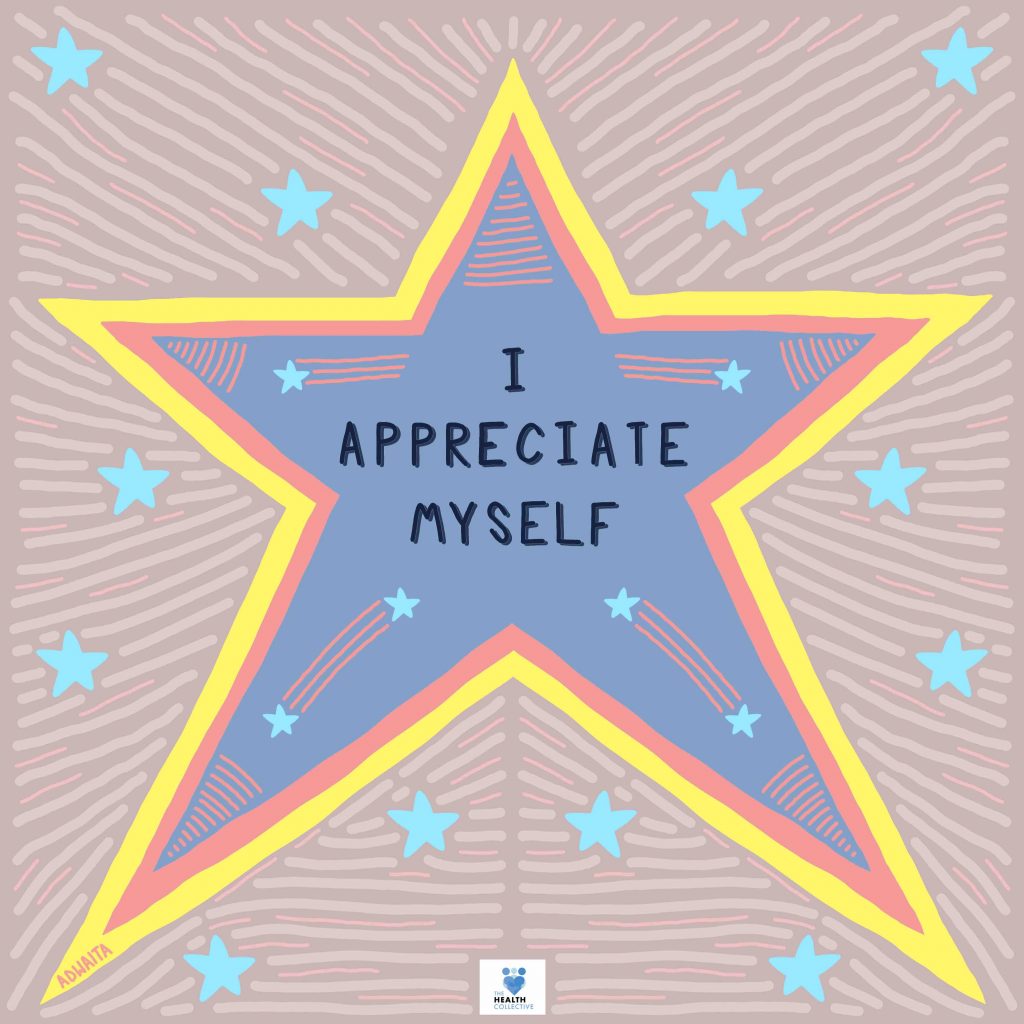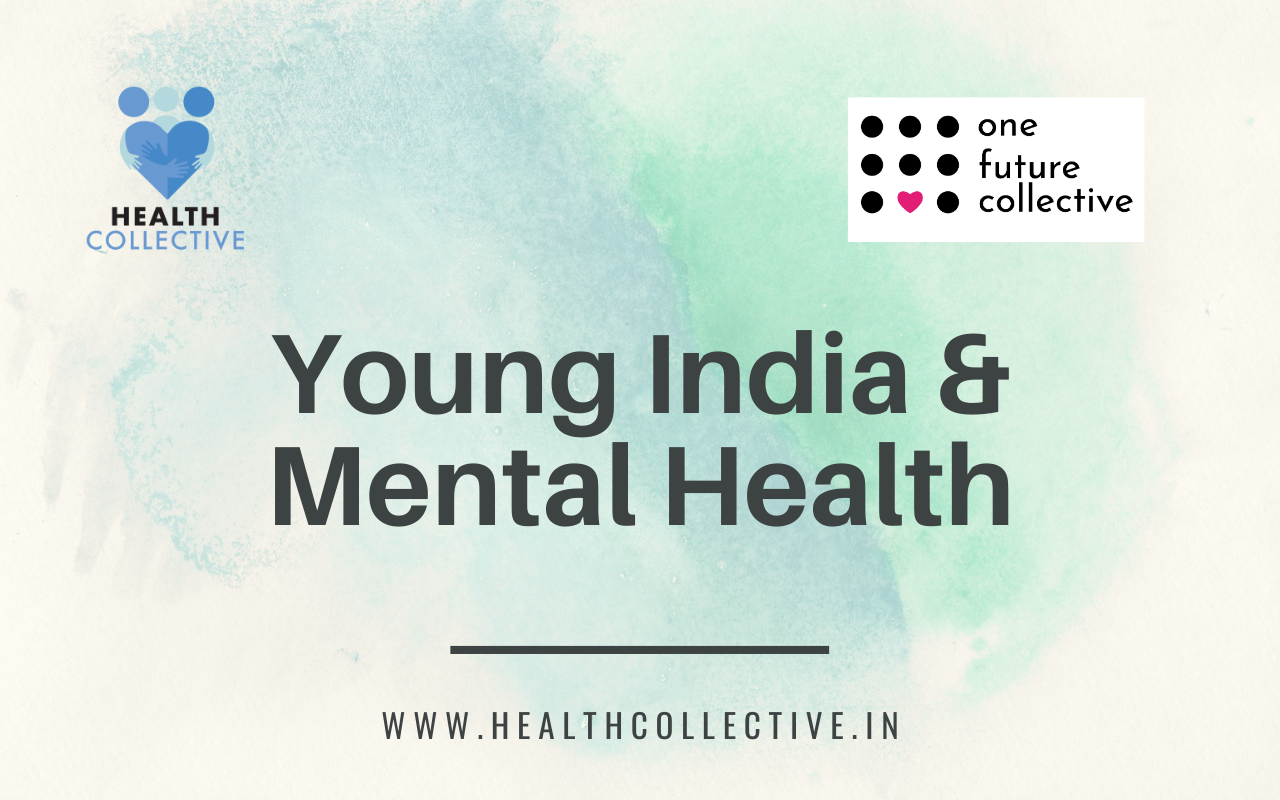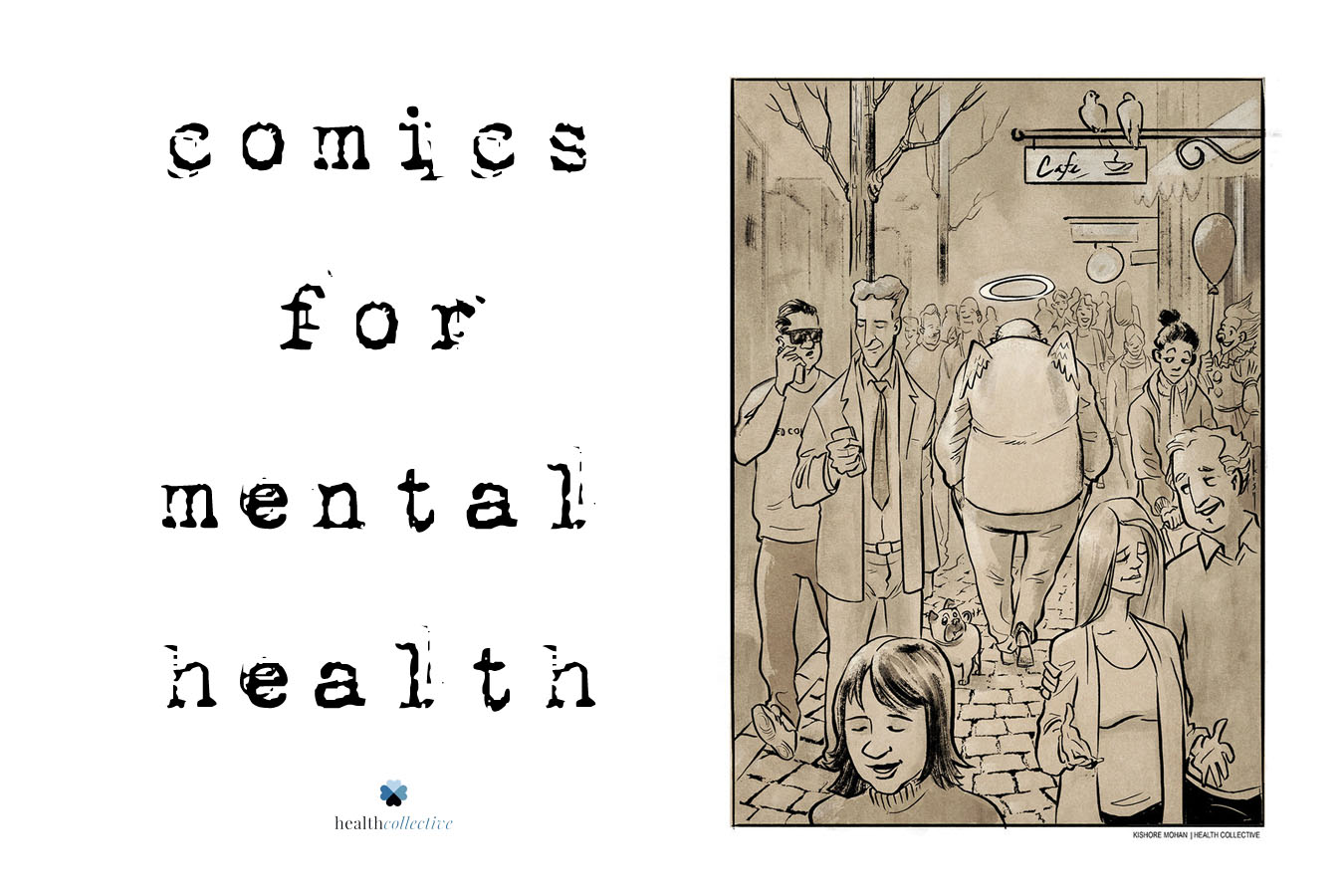Why young Indians Swear by Self-Care during Covid-19
By Pragya Lodha
This column is brought to you in association with One Future Collective x Health Collective
Since March 2020, the COVID-19 pandemic brought with it the absence of social gatherings, a deluge of working and studying / learning from home, managing chores at home, being forced to find some form of entertainment at home and being forced to stay home practically 24/7 — perhaps it’s not surprising that this has given rise to (or even exacerbated) another crisis, that of mental health. A complete overhaul in lifestyles and a major component of lurking uncertainty and grief in everyone’s life, coupled with the fear of the pandemic, was more than enough to spark mental health challenges among one and all.
The burden of mental health of India1 reportedly increased by 30% in the first 3 months of the pandemic.
One practice that escalated in a huge way was that of self-care. For the first time, along with mental healthcare professionals, everyone else was also talking about self-care and mental health — individuals, organisations, government and corporates. As a clinical psychologist, I noticed in my private practice, that the lockdown during this pandemic has also been instrumental in instilling the realisation for the need for self-care and attention to mental health among the youth.
Self-care is the practice of consciously doing things to preserve and improve one’s physical and mental health. Self-care continues to be one of the most underrated practices of healthy and happy living in our capitalistic world.
Self-care is subjective and everyone has their own ways of attending to their unique set of needs. For some, it may mean flossing their teeth regularly while for some it may mean creating space for “me time” and yet for some others, it may mean travelling. Some (working) youth shared their self-care routine with One Future Collective (OFC) by emailing us their first hand experience.
Dr. Parijat, a young psychiatrist from Mumbai who juggled with being on COVID duty, having an undecided schedule of exams and catering to his regular patients, said that he sailed through his anxiety by bringing a routine of studying, learning cooking, actively taking care of his health and most importantly talking to his parents and grandma over video calls.
Ms. Havovi, a clinical and forensic psychologist based in Mumbai told OFC that she took vocal lessons, made sure she was reading, exercising and maintaining digital hygiene. She also found cooking to be cathartic, to beat the COVID blues. A content creator from Bangalore, Ms. Kopal took the challenge of uninstalling her social media profiles that were her source of income, which in turn helped her make time to paint, workout and reduced her screen time to 40 minutes a day! Dr. Dhruv, a young psychiatrist from Gujarat told us about his burnout experience and how he found his solace in gaming, reading and napping. Ms. Shambhavi, a dietician from Mumbai started her day with two minutes of mindful breathing and apart from that prayed, meditated and played board games with her family.
Dr. Prashant, a resident of psychiatry from Mumbai created YouTube videos, made movie reviews and wrote poetry, while Ajay, a product marketing manager made time to stand in the sun and practiced mindfulness as part of his self-care regimen. A 25-year old lawyer from Mumbai tells us that eating a slow breakfast, making her own coffee, and regularly exercising (to regulate her mood) even on days she didn’t feel like, helped her tremendously. Umang, a Chartered Accountant from Mumbai told us that self-care has always been a promised part of his day to day life and says that we should treat self-care as seriously as our salary-paying jobs.
The above examples are truly reflective of how highly individualistic self-care is. Particularly during the pandemic, focusing on health, digital detox, staying (virtually) socio-emotionally connected and finding time for self to just be or indulge in hobbies- these were some of the most sought measures to self-care by the youth. Though the pandemic brought along the need for self-care (and it almost became a fad with people sharing their self-care routines and playing self-care bingos), as a mental health professional, I urge readers to make mental health and overall health a priority not just for the lockdown routine but for the time ahead too.
Here’s some food for thought — a recent poll reported upon by Healthline2 found that 35% of those surveyed thought that self-care is only possible with lots of money. Up to 44% of those surveyed thought that self-care is only possible if we have enough time. However, the truth is, self-care need not always be material or expensive or time-consuming. To break these myths, here are some practices for self-care that you can adopt easily, anywhere and without spending a penny:
- Remember self-love lies at the core of self-care: Rating yourself on a scale of 0-10 can help you become cognisant and accordingly indulge in self-care practices.
- Exchange a smile (if you feel up to it!): Science tells us that smiling releases natural pain killers and happy hormones.
- Get some sun: The Sun is the best source for natural Vitamin D that boosts immunity, fights low mood, reduces stress, is good for skin and hair and keeps you healthy among a dozen of other benefits. Fifteen minutes of a party under the sun, every day, can even give you a longer life and for absolutely no cost.
- Practise self-compassion: Add yourself to the list of all those people you extend your compassion too, because there is no compassion without self-compassion.
- Walk! Walking is one of the best forms of gentle exercise, and a good substitute if you cannot or do not want to hit the gym.
- Get enough sleep: Sleeping for 6-7 hours a day helps reduce the risk for developing Alzheimer’s disease and keep you fresh for the coming day, helping you think clearly, quickly and with less energy.
- Express yourself: Journaling or finding a means of expression (painting, drawing, talking, dancing) to your emotions can help you feel relieved, less stressed and less anxious.
- Deep breathe: Breathing is what keeps us alive. Focus on breathing can help relieve tension, bring calm, orient us to the present and help balancing emotions / thoughts.
- Get your natural fix on: Spending time with nature is what we need to bring back in trend. Soaking your feet in water, staring at flowers, trees or leaves, immersing your feet in wet sand or just allowing the breeze to skim your face and hair through can be surprisingly refreshing and relieving of stress. A date with nature can officially reduce the risk for some major medical illnesses, according to some research, as reported by Science Daily..
- Help someone else out: Helping others can be more beneficial than you think. Research says that even thinking about helping others releases feel-good neurotransmitters that can boost how one feels about themselves and experience what the New York Times reports here as the helper’s high.

Self-care is not being selfish — it is a part of integrative healthcare for physical and mental health. Many healthcare professionals may not prescribe self-care but it is an unsaid norm for one and all, with or without an illness. You don’t need to wait for something to happen, you can start with self-care now. The pandemic is nowhere near over, however, we must continue to take precautions and make space for self-care, now, and through life.
“Self-care is giving the world the best of you rather than what is left of you.”
Katie Reed
- Dalal P K, Roy D, Choudhary P, Kar SK, Tripathi A. Emerging mental health issues during the COVID-19 pandemic: An Indian perspective. Indian J Psychiatry [serial online] 2020 [cited 2021 Jan 31];62, Suppl S3:354-64. Available from: https://www.indianjpsychiatry.org/text.asp?2020/62/9/354/296512
- https://www.healthline.com/health-news/self-care-is-not-just-treating-yourself#Personal-barriers-to-self-care
About the Author: Pragya Lodha is the Programme Director of Mental Health and a Clinical Psychologist at One Future Collective. One Future Collective is a feminist youth led not for profit nurturing radical kindness in people, communities and organisations.
ALSO READ:





Pingback: Mind-Body Connection: Taking a ‘Hands-on’ Approach to Mental Well-being – The Health Collective India